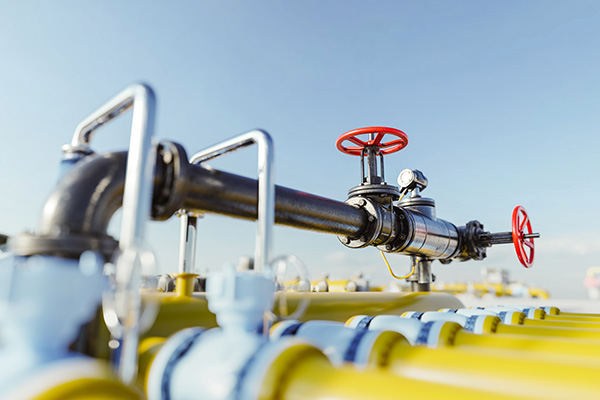Energy crisis in the EU

date: 27/10/2022
On 18 October, the Commission proposed to the Council a new emergency regulation to address high gas prices in the EU and ensure security of supply this winter. This will be done through joint gas purchasing, price limiting mechanisms on the Title Transfer Facility (TTF) gas exchange, new measures on transparent infrastructure use and solidarity between Member States, and continuous efforts to reduce gas demand. Specifically, in the area of financial services, the Commission has worked with the European Securities Market Authority (ESMA), the European Banking Authority (EBA) and the Agency for the Cooperation of Energy Regulators (ACER). It has proposed measures covering derivatives, trading and benchmarks, while preserving the price formation process and ensuring that financial stability risks are contained and adequately mitigated.
Derivatives
Amid the sharp increase in gas and electricity prices over the past few months, energy companies have been required to post increasing amounts of cash collateral to central clearing counterparties (CCPs) as margin calls have risen in line with prices. As a result, some energy companies have had liquidity problems. This has prompted calls to reassess the rules governing collateral requirements for margin calls for non-financial corporations.
In this context, the Commission has adopted – in line with advice from ESMA – two proposals, now subject to the scrutiny of the Council and European Parliament. First, it proposed to raise the commodity clearing threshold from €3 billion to €4 billion. This means that energy companies will be allowed to enter into more over-the-counter transactions without being subject to margin requirements. The second measure will temporarily expand the list of eligible assets that can be used as collateral to meet margin calls, e.g. adding public guarantees and uncollateralised bank guarantees, subject to conditions.
Trading
Under the Markets in Financial Instruments Directive (MiFID), trading venues must be ‘able to temporarily halt or constrain trading if there is a significant price movement in a financial instrument on that market or a related market during a short period’. Consequently, all EU trading venues are required to have ‘circuit breakers’ in place. These are safeguard mechanisms that allow energy exchanges to interrupt trading in case of significant price movements. EU trading venues must also report on how they calculate circuit breakers to their respective regulators. However, these rules are not harmonised at EU level and, under the current rules, none of the European energy exchanges have applied circuit breakers in response to volatility in gas and electricity prices on their respective venues.
After receiving input from ESMA, the Commission has proposed to the Council a time-limited measure to manage excess volatility in gas and electricity derivatives markets, while preserving the price formation processes. The new temporary intra-day price spike collar, a volatility management mechanism, will avoid excessive price volatility and prevent extreme price spikes in prices on energy derivative markets. Such a mechanism will ensure a sounder price formation mechanism in those markets, protecting EU energy operators from large intra-day upward price movements and helping them secure their energy supply in the medium term.
Benchmarks
At the moment, there is no comprehensive database reflecting the price and volumes of gas imports into the EU. This means import prices are based on proxies, such as the price of gas already in the European pipeline network (‘entry-paid’ gas). This results in import prices for the EU as a whole that are not truly representative of supply and demand conditions in international gas markets. The majority of LNG (liquefied natural gas) imports into the EU are linked to prices at European trading hubs, including the main European gas exchange, the TTF, that are no longer suitable proxies for the broader LNG market.
The Commission is taking steps to create a new complementary LNG benchmark that better reflects the price the EU pays for its gas imports. First, the Commission has proposed to the Council to empower ACER to collect, process and publish price assessments on LNG transactions. From March 2023, the LNG benchmark will provide for stable and predictable pricing for LNG transactions.
Joint task force
Finally, ACER and ESMA are enhancing their cooperation, by creating a new joint Task Force, to strengthen their ability to monitor and detect possible market manipulation and abuse in Europe's spot and derivative energy markets. This is a precautionary measure to protect the stability of the market.
Read more on the proposals on derivatives, trading and benchmarks
